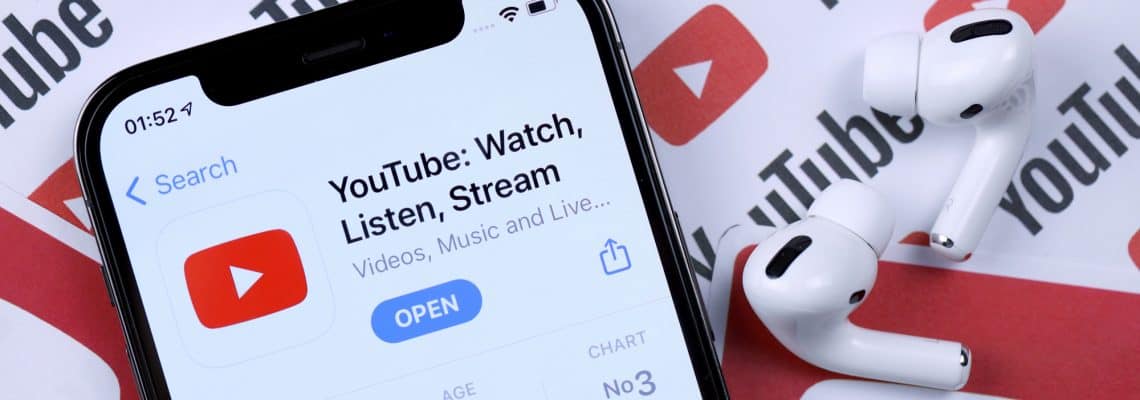In 1999, everyone wanted a Web site but few people knew how to code in HTML. The solution? Everyone created and hosted their Web site on Geocities. A huge Internet company ended up buying Geocities (Yahoo) and, over time, most good content creators left Geocities and built sites that they owned, operated and controlled.
Sound familiar? It should. Three years ago, it was hard to host your videos online. Flash players were rudimentary, content management systems were built on popsicle sticks and video streaming costs were high. As a result, everyone uploaded and hosted their video content on YouTube. YouTube’s traffic grew and they too were bought by a big Internet company.
Today, no major media company makes significant money syndicating their content to YouTube and no viable economic model has emerged that properly compensates long form, scripted content creators for their development costs. Consequently, nearly all media companies are creating video destinations and/or building syndicated video offerings that they own, operate and control. Early data suggests that this strategy is proving effective, as broadcast audience networks, content sites and syndication offerings are beginning to scale both in users and in revenue.
This shift in investment towards new and branded, owned and operated video sites is resulting in a shift in video consumption and the flow of media dollars. Users are demonstrating a willingness to find premium content on content owners’ sites and content owners are aggregating the bulk of video media dollars in the market today. For the first time, YouTube is beginning to look a lot more like a hosting site than the preeminent television aggregator it once was.
So, is YouTube the next Geocities? The analogy is probably not a perfect fit. YouTube is far more powerful than Geocities was in its prime, and the Google machine is far more efficient than Yahoo ever was. That said, this new YouTube dynamic presents big opportunities.
Owned and operated online video properties will have the same challenges that other online media properties have had — most notably infrastructure, content management, ad serving and advertising. This increased portfolio of challenges, coupled with the increasing fragmentation of the market, means that companies solving real customer problems can build big businesses.
And, as with other media segments online, fragmentation means there will likely be multiple winners.
Sacerdoti is the CEO and founder of BrightRoll, a branded video advertising network. Under Sacerdoti’s direction, BrightRoll has grown into a premier video advertising network, having served billions of ads on behalf of the world’s leading agencies and their clients and executed campaigns on more than two-thirds of the top 100 online media properties in the U.S.
